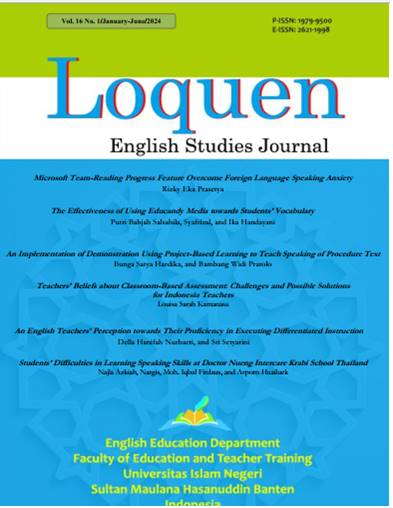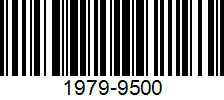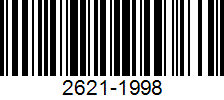The Influence of Wordwall as a Digital Learning Media on Grammar Mastery of 8th Grade Students
 DOI:
DOI:
https://doi.org/10.32678/loquen.v18i1.11421
 Abstract viewed : 178 times
|
Abstract viewed : 178 times
|  pdf downloaded : 121 times
pdf downloaded : 121 times
Keywords:
Wordwall, digital learning media, grammar mastery, gamification, quasi-experimental, EFLAbstract
This study aimed to examine the influence of Wordwall, a gamified digital learning media, on the grammar mastery of eighth-grade students at Madrasah Tsanawiyah Negeri (MTsN) 1 Kota Serang, focusing on comparative adjectives. A quasi-experimental design was employed with two groups: an experimental group (VIII H) that received instruction using Wordwall-based activities and a control group (VIII I) taught via conventional methods. Both groups underwent pre-test and post-test assessments to measure changes in grammar proficiency. Data were analysed using descriptive statistics, normality and homogeneity tests, independent samples t-test, and effect size calculation through SPSS version 27. The results indicated an increase in both groups' scores after treatment; however, the independent t-test revealed no statistically significant difference (p = 0.073 > 0.05). Despite this, the effect size (Cohen’s d = 0.48) suggested a moderate practical impact. Qualitative observations noted higher student engagement and motivation in the experimental group, indicating that while Wordwall may not significantly enhance grammar mastery within a short intervention period, it offers potential benefits when integrated thoughtfully into language instruction. This study contributes to understanding gamified digital tools in EFL classrooms and provides implications for educators seeking innovative teaching strategies.
Downloads
Downloads
Published
Issue
Section
License
Copyright (c) 2025 Nur Alifah Maasah, Rahman Hakim, Rosmania Rima

This work is licensed under a Creative Commons Attribution-ShareAlike 4.0 International License.





















